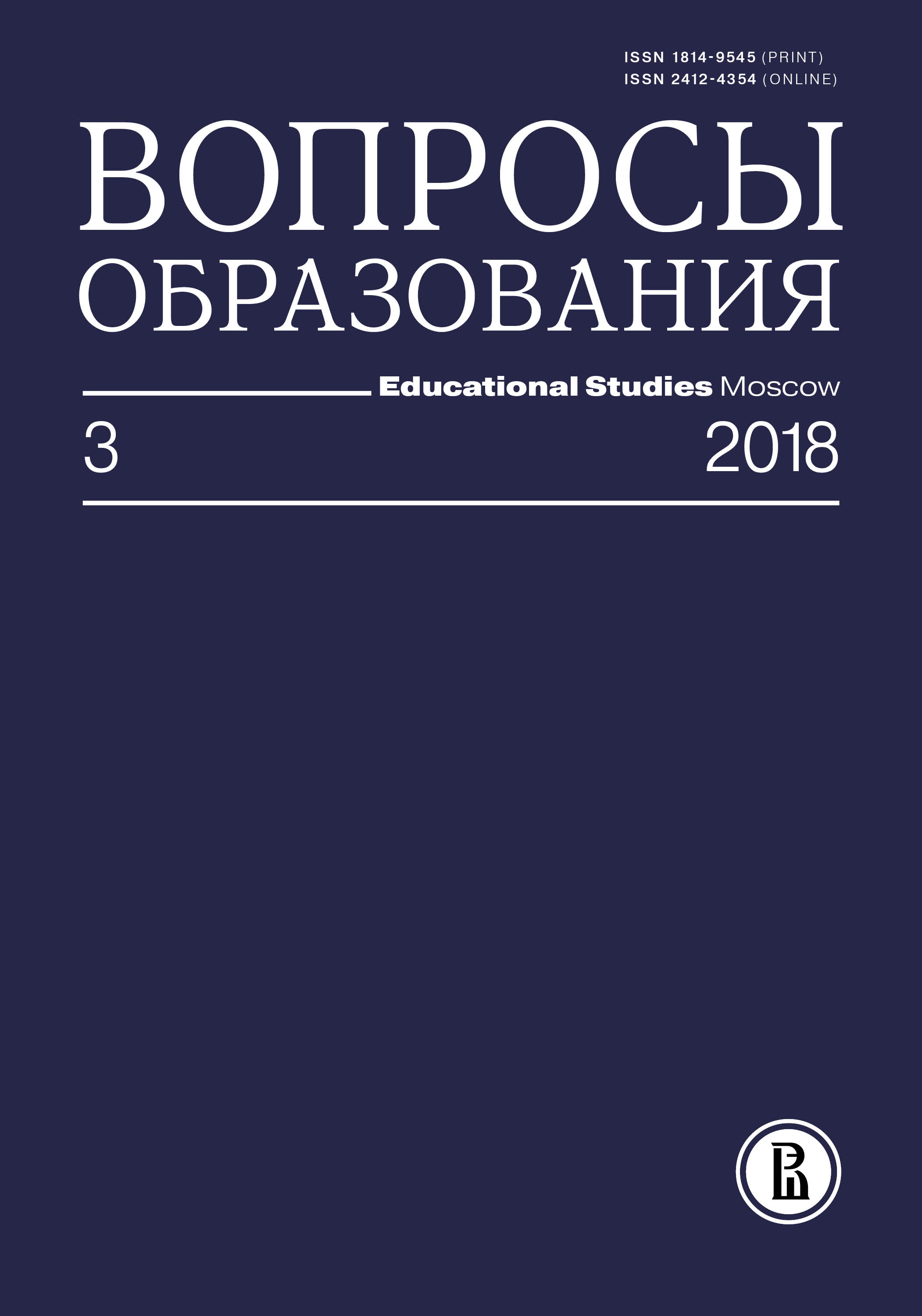From Partnerships to Bureaucracies: The Constitutional Evolution of Russian Universities
Abstract
Russian university is treated as a miniature political system in this article. Four hundred charters, statutes and ordinances are analyzed in order to identify three pivotal axes allowing us to classify constitutional frameworks of universities: the axis of independence from the founder, the axis of collegiality, or the balance of power between the rector and the academic council, and the axis of federalization, which shows how decentralized the organizational structure is. Next, it is shown how these variables are interrelated and how their stable sets form types of intra-university political systems — federative, unitary, dual and controlled — which exist or used to exist in Russia. Contrary to the widely held belief that all of the differences between universities can be traced to their position on the scales of “collegiality” (partnership model) and “managerialism” (bureaucratic model) and although public universities do resemble bureaucracies more than partnerships today, different elements of their constitutional design seem to have evolved independently and under the influence of different factors.









